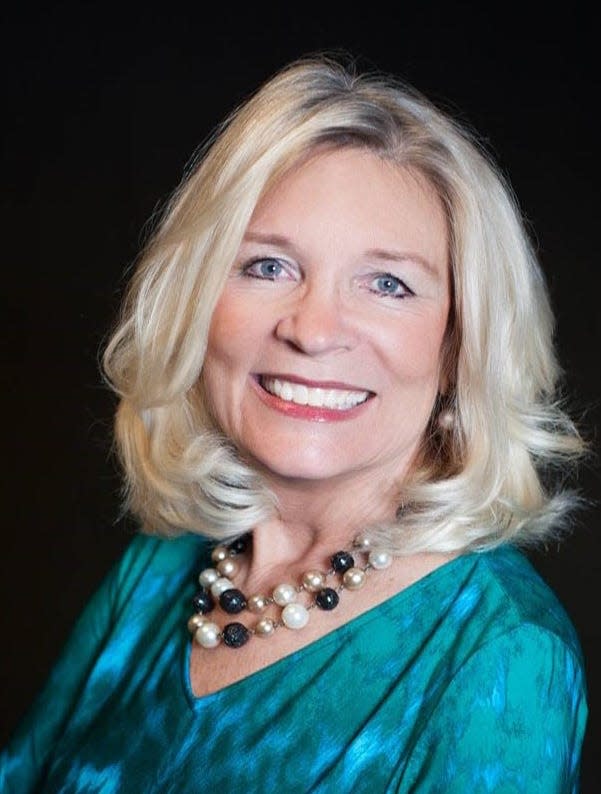Local psychologist: Progress in decade since JCCI mental health study, more work ahead

In 2014, Jacksonville Community Council Inc. released a comprehensive report on the state of mental health in Northeast Florida. The report followed an eight-month study during which a study group of citizens interviewed dozens of experts from the community and state. The resulting report detailed severe problems with how our community served those suffering from mental health and substance use disorders.
In many respects, we’ve done very well addressing the issues highlighted by the study, although much remains to be done. The 2014 study task force concluded that, at that time, mental health was rarely discussed, and those with mental health challenges were routinely stigmatized. We’ve come a long way in addressing those two areas, even as we have much work still to do.
The study also noted that there was a shortage of mental health professionals, more residents were dying by suicide than murder and our behavioral health care system was severely underfunded. Unfortunately, those problems continue.
A major criticism in the JCCI study was that our system of care for those with mental illnesses was “fragmented.” Fortunately, that has improved during the last 10 years. State officials embraced the community-based care model of managing behavioral health care at the local level with the managing entity model.
The state now funds regional nonprofit managing entities such as my organization, LSF Health Systems. We work to ensure local behavioral health organizations have the resources needed to serve those with mental health or substance use disorders, are uninsured and living in poverty. As a result, isolating boundaries have been replaced with crucial collaborations among key private, nonprofit and government groups.
The JCCI report criticized what it called the “criminalization” of mental illness. At the time, some 125,000 people needing mental health treatment were booked into the state’s jails each year. In response, we’ve developed a mental health co-responder program with the Jacksonville Sheriff’s Office.
Trained mental health professionals ride with sheriff’s officers and respond to calls that involve individuals experiencing mental health crises. The program diverts those with illnesses from jails, crisis stabilization units and hospital emergency rooms. We now have a Mental Health Court in Duval County that also works to divert those struggling with behavioral health issues.
In 2014, suicide rates in counties around the First Coast hovered around 17 per 100,000 residents. More people were dying by suicide each year than by homicide, according to the JCCI report. Sadly, this is an area where we have not seen vast improvement, as data from 2022 shows we still see similar suicide rates in our area.
Today’s alarming suicide statistics must be considered with an understanding that we’re still dealing with the historic impacts of the COVID-19 pandemic that wreaked havoc on mental health in Florida and throughout the nation. We emerged from the pandemic and took off our masks only to reveal severe psychological trauma and a continued opioid epidemic.
The 2014 JCCI report focused much attention on the issue of the stigma that those living with mental health disorders in our area confront, and how that stigma often discourages folks from seeking help.
Today, people seem to be much more comfortable admitting that they need help. However, that progress has exacerbated our profession’s challenge in meeting the demand for therapists, clinicians, physicians and others who can address the growing need.
During Florida’s recently concluded 2024 legislative session, lawmakers passed the Live Healthy Act. This $1.1 billion package of legislation was designed to address the continuing mental health crisis, with emphasis on ongoing professional workforce shortages.
Some issues related to the stigma problem continue to impact certain populations that need help. LSF Health Systems has a program focused on getting help for our community’s first responders who experience behavioral health issues at much higher rates than the general population. We’re making progress in helping current and former first responders who need mental health support.
Letters: Biden's presidential debate performance shows it's time to hand over the reins
Advances in telehealth promise to open doors for treatment to many who can now have the convenience of receiving help in their homes. For residents in our rural communities where the shortage of mental health professionals is even more profound, telehealth is proving to be a game-changer.
Those of us working in the field today owe tremendous gratitude to the citizen volunteers who donated their time and expertise on the 2014 JCCI mental health study. This work set the stage for a decade of progress that has come to fruition as well as the progress we expect to achieve in the next few years.

Dr. Christine Cauffield, clinical psychologist, is CEO of LSF Health Systems in Jacksonville, a nonprofit organization that manages state-funded behavioral health in a 23-county area from Northeast Florida to North Central Florida.
This guest column is the opinion of the author and does not necessarily represent the views of the Times-Union. We welcome a diversity of opinions.
This article originally appeared on Florida Times-Union: Jacksonville area slowly making advances in mental health care